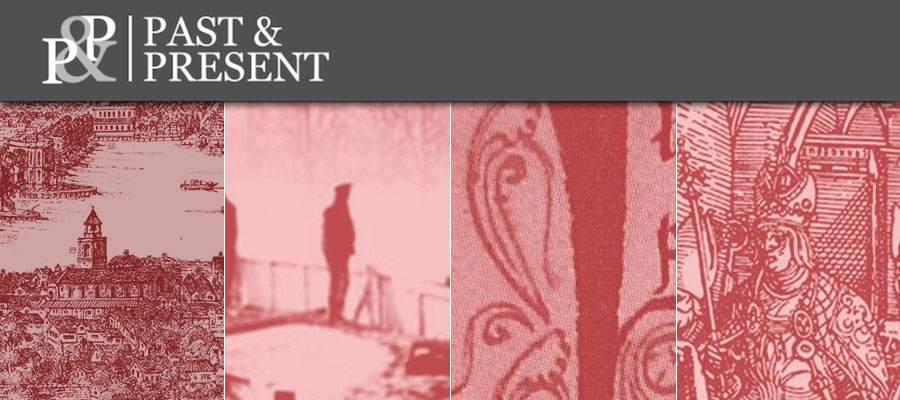Ilya Maude and Maroula Perisanidi. "Transmisogyny, Ableism and Compulsory Cisness: Case Studies from Byzantium." Past & Present (2024) [Open Access, DOI: https://doi.org/10.1093/pastj/gtae034).
This article uses case studies from Byzantium to demonstrate a new trans framework for gendered historical analysis that recognizes identity as both fluid and painful. Instead of placing the emphasis on whether or not we can call an individual trans, it explores the forces that produced cisness, and the cis and trans lives people carved out amidst them. We find ableism and transmisogyny at the heart of three important pieces of trans history from the middle Byzantine period: a description by Michael Psellos of a child whose femininity is framed in terms of disability, Nikephoros Basilakes’ Confirmation and Refutation of the story of Atalanta, and Psellos’ own expressions of gendered identity in their epistolography. Focusing on the collusion of cisness and able-bodiedness produces a complex image of how some Byzantines could incorporate gender transgression into a cis life, while others negotiated life outside the boundaries of acceptability. More broadly, this framework reveals the entanglements of transness and cisness, which demand that historical analysis does not stop at the borders of inner states.
